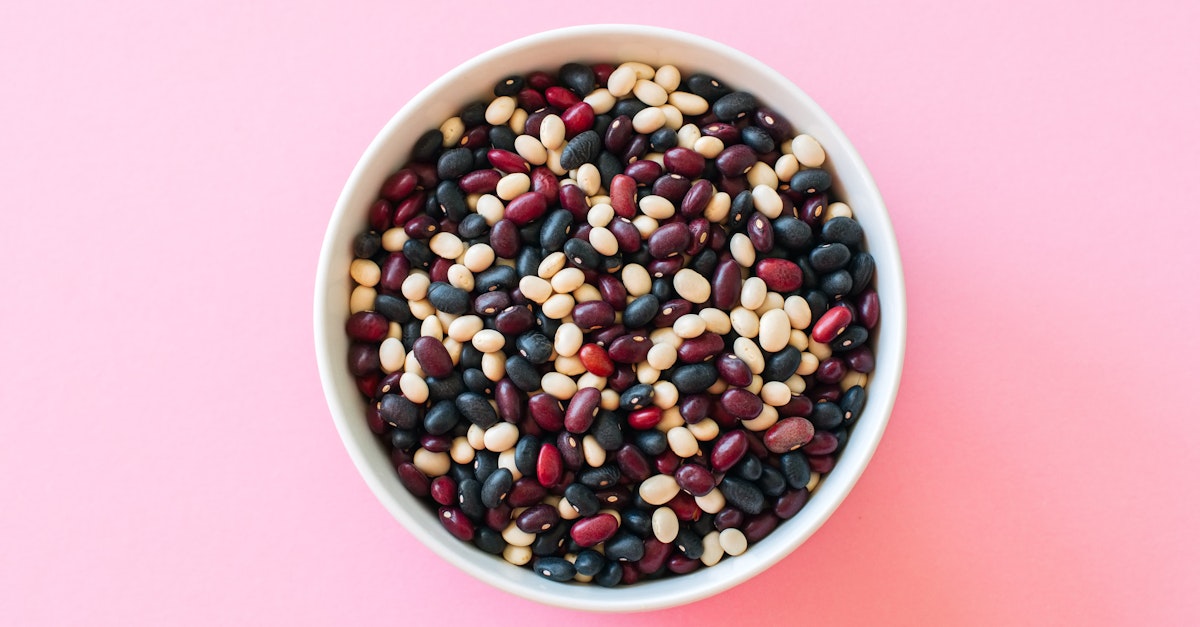Why Do Beans Make You Fart? What Does Science Say?
Beans, beans, the magical fruit — the more you eat, the more you toot! Cannellini, pinto, black, kidney, and lima beans are just a few of the many varieties out there. Although they each have their own subtle differences, one thing they all have in common is their reputation for causing flatulence.
But fear not, for beans are not only delicious and nutritious, but they also play a key role in promoting gut health. In this article, we'll explore why beans have a bad rap for causing gas and provide some tips on how to reduce their gassy effects.
So, what's the deal with beans and gas?
What Makes Beans Gassy?
Beans are packed with fiber, protein, and a variety of essential nutrients. The high fiber content in beans, specifically soluble fiber, is a major culprit in causing gas. When your gut bacteria ferment this soluble fiber, they produce gases that eventually make their way out of your body.
Aside from fiber, beans also contain a carbohydrate called raffinose, which our bodies can't digest. As our gut bacteria break down raffinose, they release gases like hydrogen, methane, and carbon dioxide, contributing to the gassy aftermath of bean consumption.
While beans are not the only foods with high fiber and raffinose content, they are often associated with increased flatulence due to these compounds.
Tips for Reducing Bean-Induced Gas
If you're a bean lover but want to minimize the gas, here are some strategies to consider:
- Start slowly and gradually increase your bean intake to allow your gut to adjust to the added fiber.
- Stay hydrated by drinking water with your meals to help fiber move smoothly through your digestive system.
- Soak dry beans overnight and rinse them thoroughly before cooking to reduce raffinose content.
- Try gentle movement, like taking a walk after a bean-heavy meal, to aid digestion and reduce gas.
- Consider using over-the-counter remedies containing alpha-galactosidase to break down raffinose and minimize gas production.
While these tips can help alleviate bean-induced flatulence, it's important to remember that some gas is a normal part of digestion.
Do Beans Really Make You Fart More?
Despite their reputation, beans may not be as notorious for causing gas as we think. Research suggests that while some individuals may experience increased flatulence after eating beans, the effect is often temporary and varies among people.
Studies comparing bean consumption to other foods have shown mixed results, with some participants reporting no significant increase in gas after eating beans. Additionally, beans offer numerous health benefits, including lowering cholesterol levels, making them a valuable addition to a balanced diet.
Ultimately, whether or not beans make you fart more may depend on your individual gut microbiome and digestive system. So, don't let the fear of gas deter you from enjoying the nutritional benefits of beans.
Remember, everyone's body is unique, so listen to yours and find what works best for you. And if excessive bloating or gas persists, consult a healthcare provider for personalized advice.
